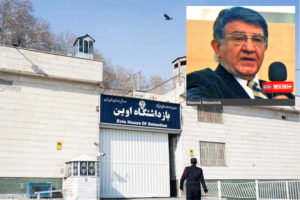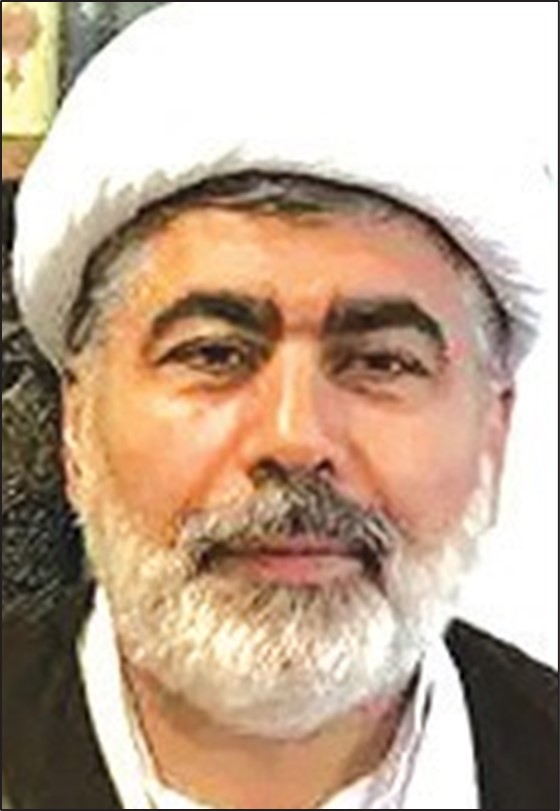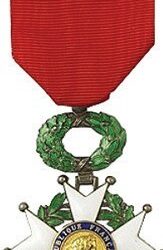January 10, 2020
Masud Mossaheb, a 72-year-old Austrian-Iranian, has become

the latest dual national snatched by the regime and imprisoned.
The Austrian Foreign Ministry has confirmed that he is being detained in Iran. A ministry spokesperson said the country is aware of the case and is calling for Mossaheb’s immediate release. He is the second Austro-Iranian to be currently jailed in Iran.
He was arrested in Iran earlier this year. He is the general secretary of the Austrian-Iranian Society, which is said to work toward better relations between the two countries. But friendliness to the Islamic Republic has not saved other dual nationals from arrest and detention.
Austria has been one of the EU member states most friendly to Iran and most hostile to US sanctions. However, some analysts think that actually makes nationals of Austria more subject to arrest, as those doing the arresting—the Pasdar intelligence arm—do not approve of good relations with European states.
The Austrian Foreign Ministry said the reason for Mossaheb’s detention is unknown and that he has not been formally charged with anything. The spokesperson also said that Vienna has emphasized to the Iranian government that Mossaheb is suffering from health problems and urged that the humanitarian aspect of his imprisonment be carefully considered.
The other imprisoned Austro-Iranian is Kamran Ghaderi, who was arrested in January 2016. Ghaderi was the CEO of Avanoc, an IT management and consulting company, and had worked with the Iranian banking industry for more than 17 years. According to his family, Ghaderi had provided Iranian banks with a major part of their digital security systems.
Mossaheb left Iran for Austria in 1965, years before the 1979 Islamic Revolution. Ten years later he completed his PhD in mechanical engineering from the Vienna University of Technology (TU Wien) and he was naturalized as an Austrian citizen in 1980.
After the revolution he reportedly formed close ties with the embassy of the Islamic Republic in Vienna and, for more than 20 years after the end of the Iran-Iraq war in 1988, worked with the Iranian airline industry, providing airlines with spare parts for passenger planes and communication equipment, helping themn evade US sanctions.


















